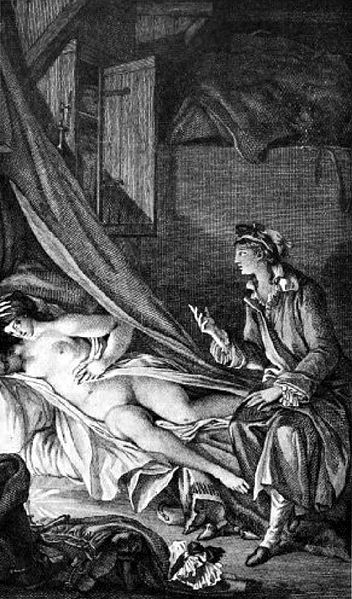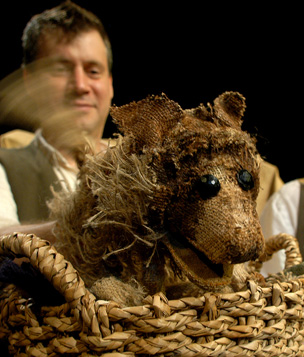Katherine Glover is a writer, an actress and an excellent story teller and it was all of these qualities that came together in her solo performance, Dead Wrong, telling of the incident involving her rape, the way that event left its marks on her mind, and how she testified against her rapist at his trial.
The play moves in three directions at once but all the threads connect beautifully because the writing is so clear, the dialogue is pared down to the essential, and the performance presents each line as though it were of vital importance. Nothing is superfluous in this finely written and beautifully acted piece.
What struck me for the most part were the various movements of this performance.
First she shows us the way trauma works as it affects the rape victim: nightmares, loss of appetite, fears of all sorts that well up in her mind and prevent her from living a normal peaceful life. The text breaks down all the symptoms of trauma, how they keep returning to her mind, how they transform her behaviour and mainly, how they are always there lurking somewhere in the very depth of her subconscious, already ready to leap out at the slightest moment of weakness. Her "clinical" sense of observation was very precise.
Then there is the trial involving the testimony, the questions by the prosecutor, and the whole experience lived by the victim again.
In a third portion of the play, which becomes more scientifically oriented, the author/performer explains the question of the reliability of of witness testimony and how under stress, the witness can often be misled in identification of a criminal if the right questions are not asked by the police or the lawyers. That was also fascinating.
The consequences of these three situations, build up a narrative that had the audience electrified on the spot, and kept me spellbound for the whole hour.
Nothing is resolved, but that was to be expected. The play in fact reveals a profoundly disturbing human experience as well as a serious weakness in the judicial system.
This is excellent theatre with a pedagogical side that succeeds in making its point. Everyone should see this. It plays at Academic Hall at Ottawa University.





